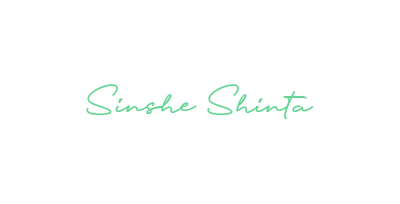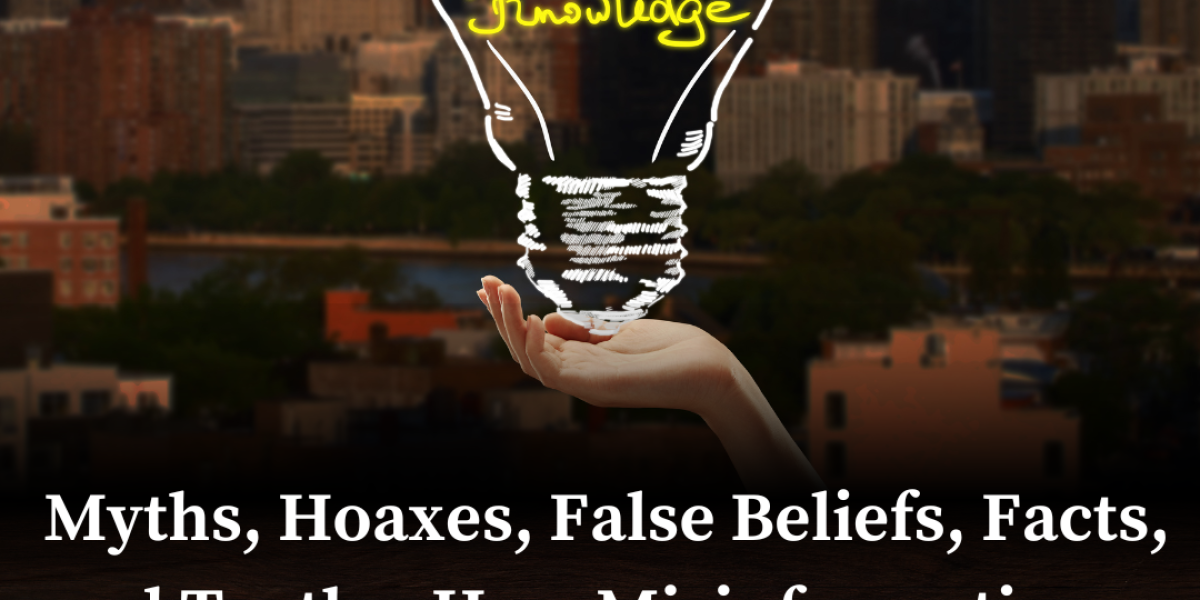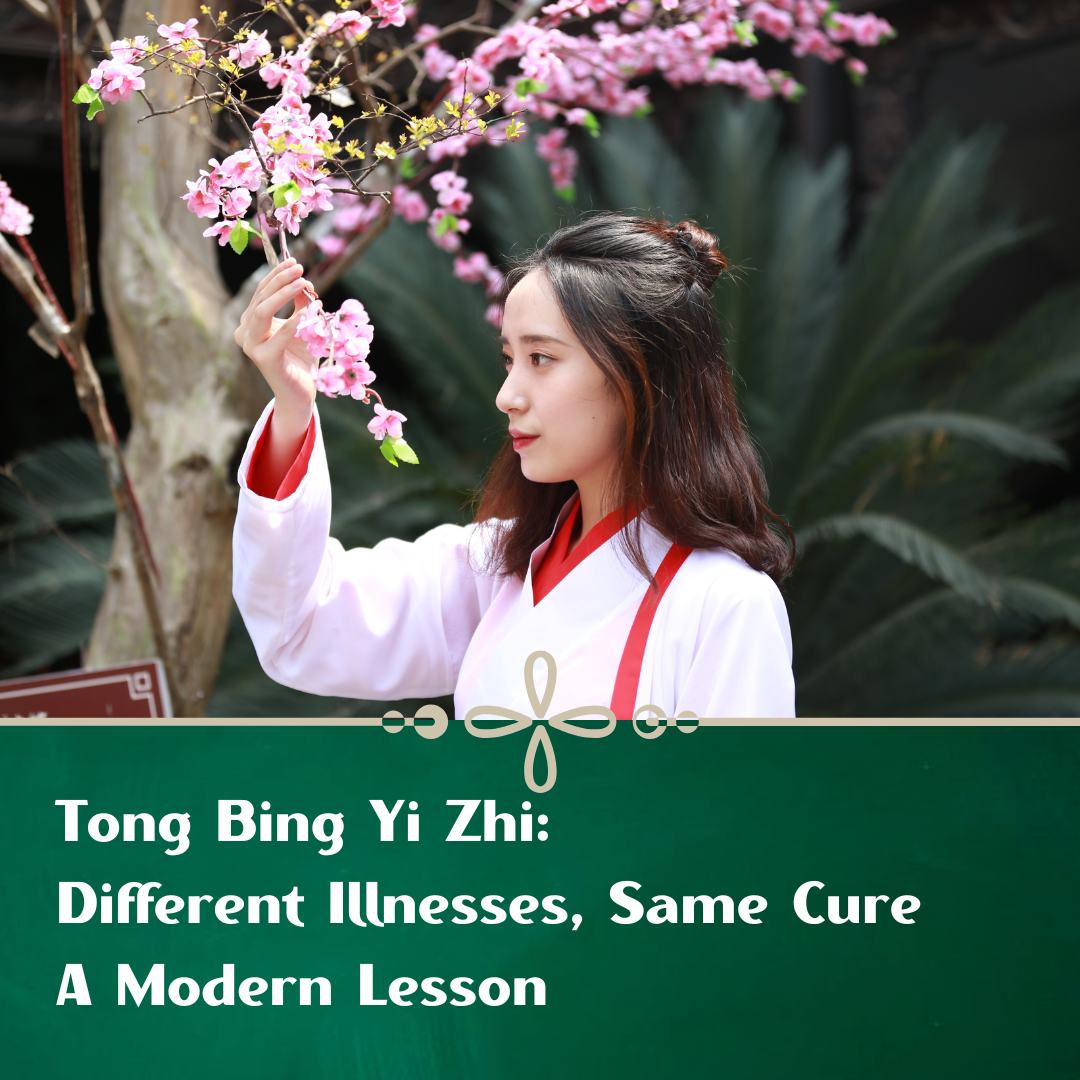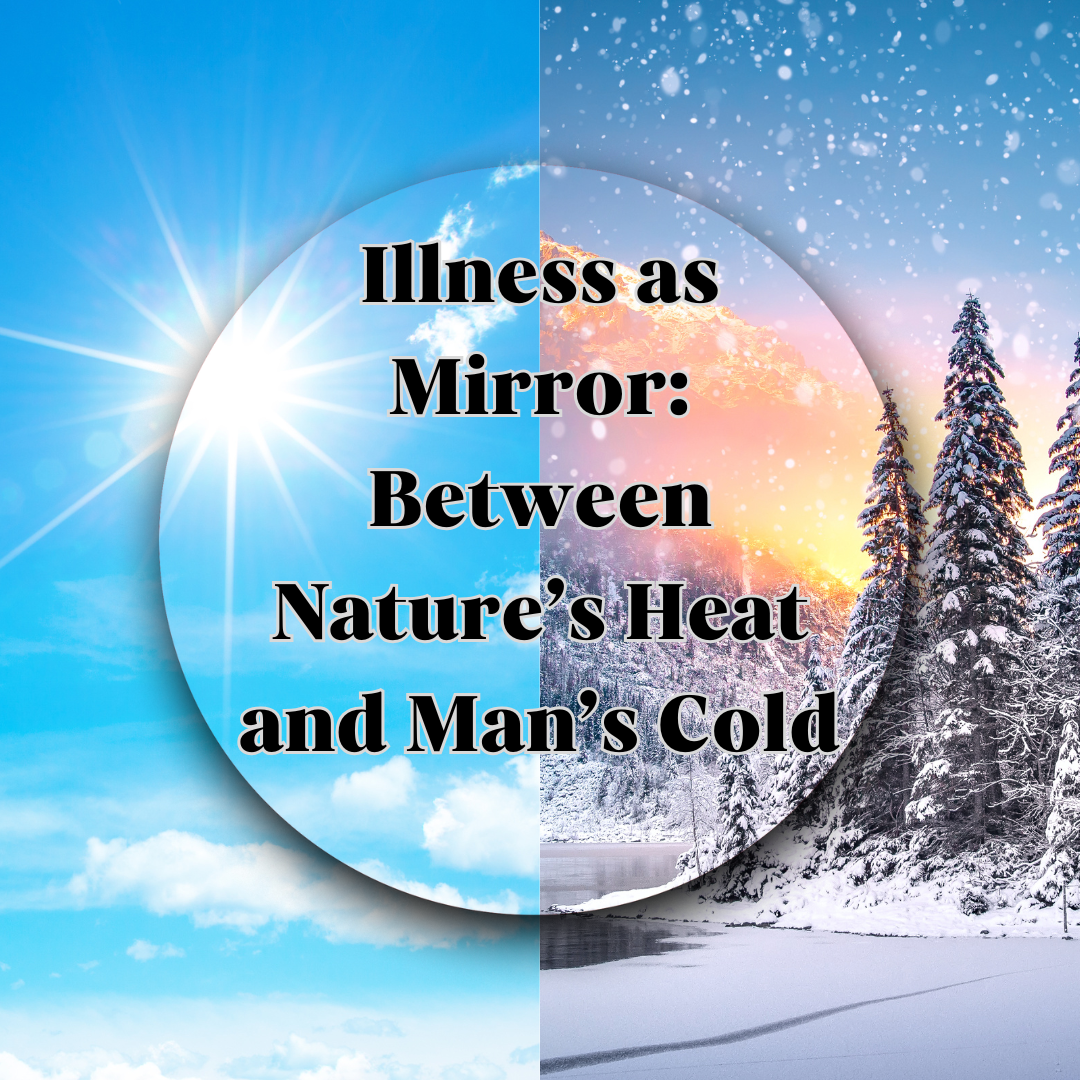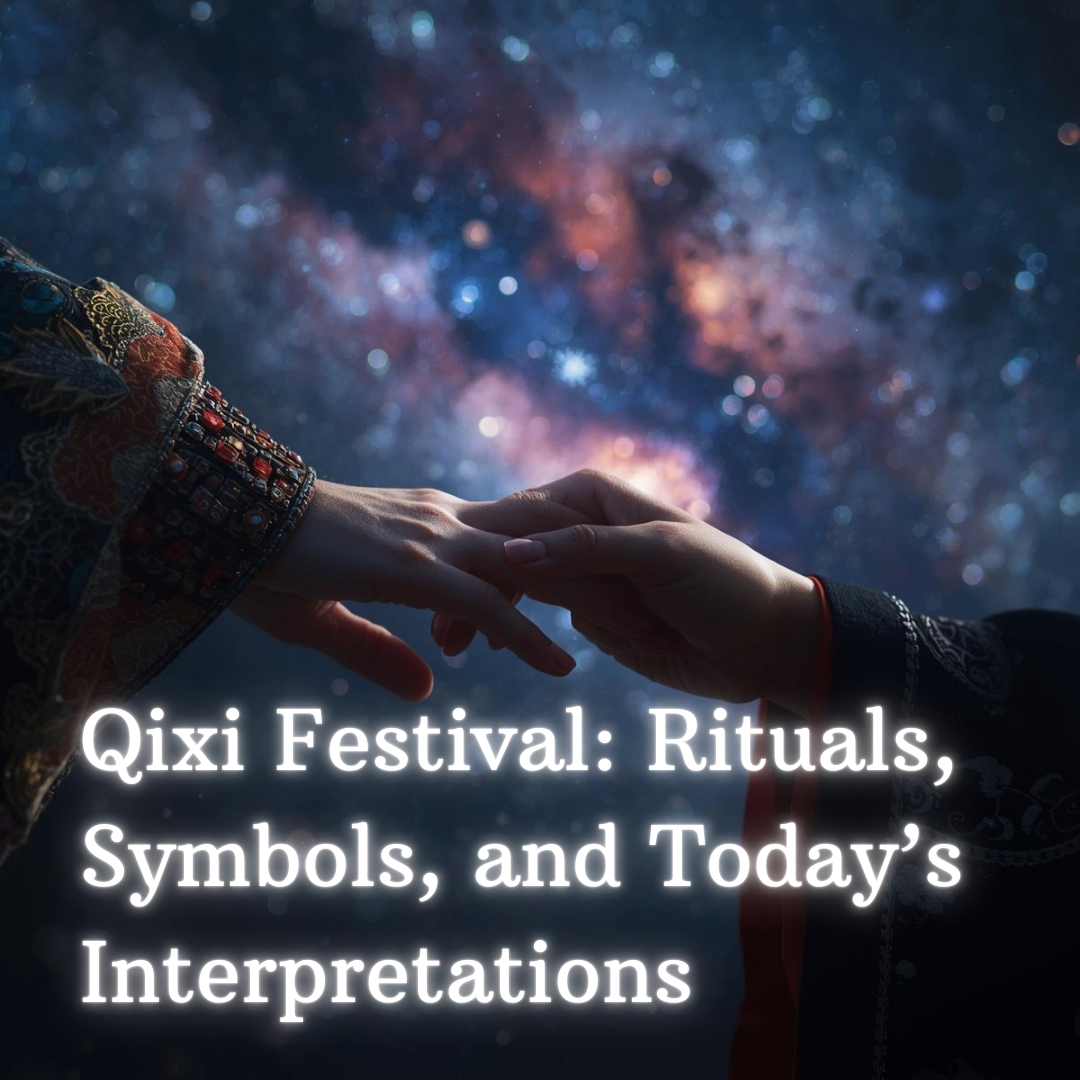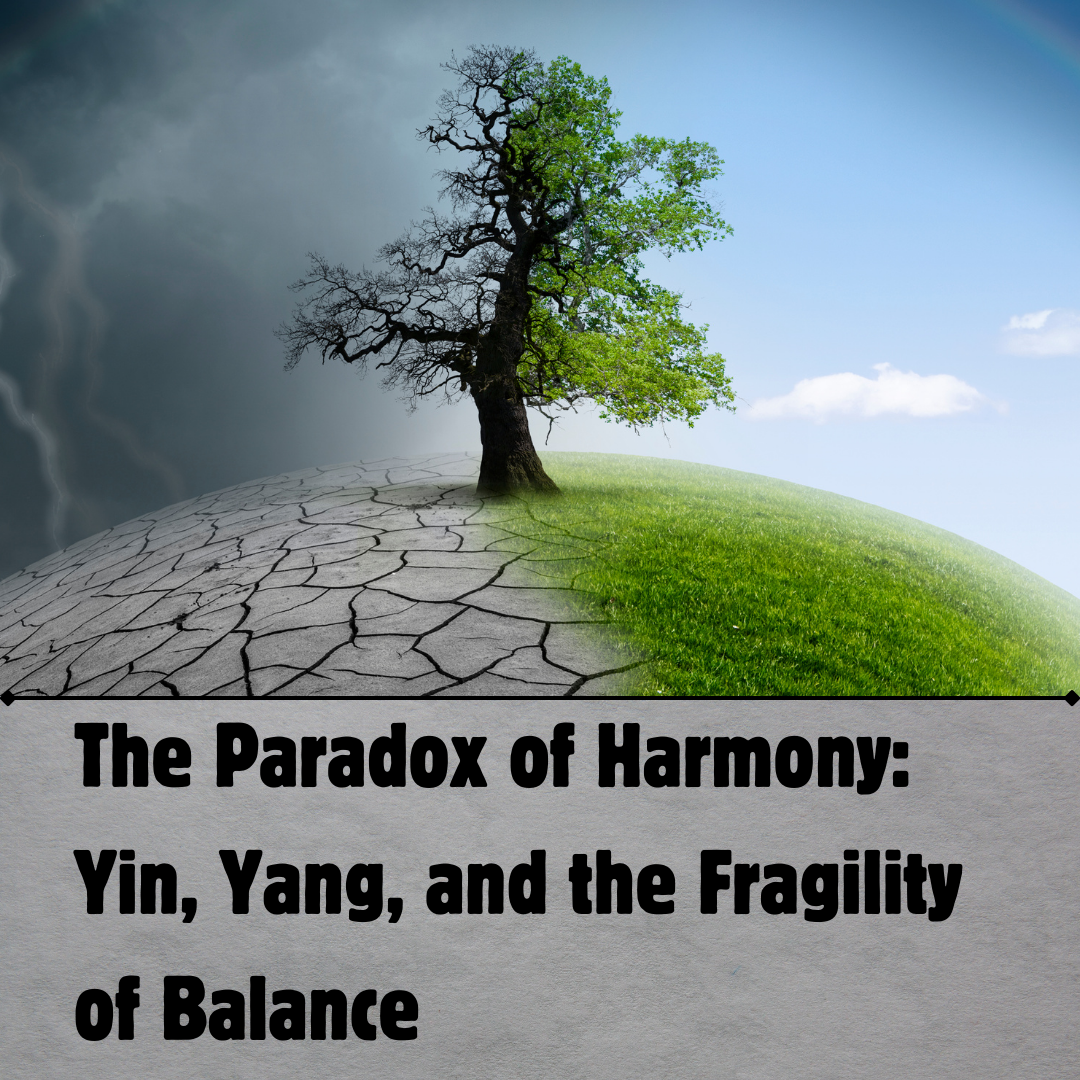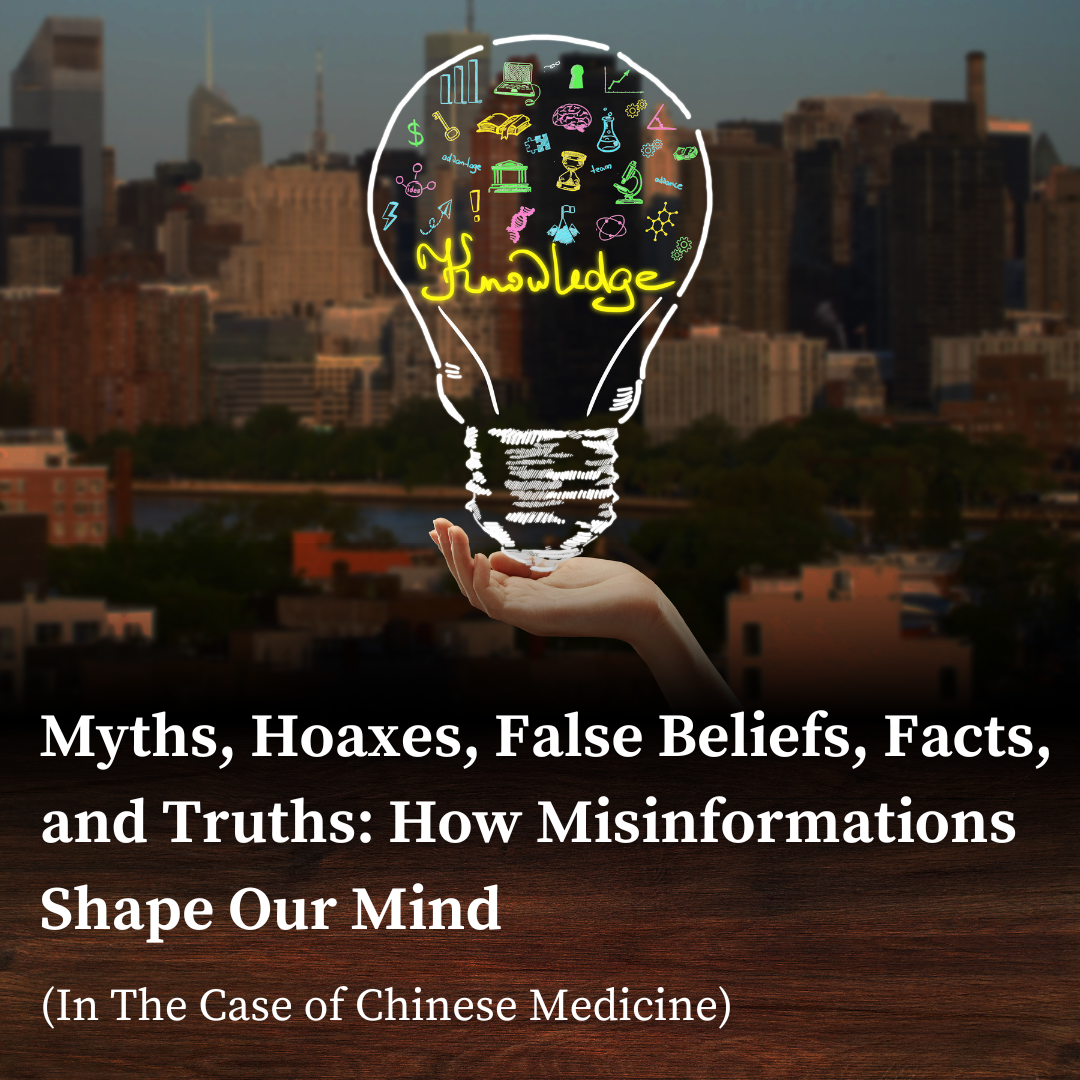“Once you understand what is happening to your body, now it’s time for you to undergo therapy.”
The practitioner now stands, extending his right hand toward the patient’s bed. You follow his lead.
“Actually, I still don’t fully understand; many things still float like shadows in my mind, though there are also many things I can grasp quite clearly,” you answer, now sitting on the patient bed and beginning to lie down on it.
The practitioner takes acupuncture needles and other necessary equipment, such as alcohol swabs. Following strict procedure, they applies the alcohol swabs to the areas where the needles will be inserted.
“You’ve had acupuncture before, so you’re not as scared as you were last time, right?” The practitioner’s tone is half-joking.
You smile slightly, remembering your first experience with acupuncture. Because you didn’t know what Chinese Medicine or acupuncture was, a natural fear of needles arose — compounded by fear of the unfamiliar. Anything that feels foreign and mysterious only adds to the fear, fueled by wild, uncontrollable fantasies. It’s like someone who has never seen the sea or ocean, only hearing stories about it — especially frightening ones — such as, “A huge tsunami hit the coast and killed many people.” It’s the same with acupuncture and Chinese Medicine. When you are about to undergo acupuncture for the first time, you search for information online — but for some reason, the information you find is all frightening: “Acupuncture drains your energy,” “Acupuncture is incredibly painful — unbearable,” “You will bleed a lot,” “The needles inject something (scary!),” etc. Naturally, the fantasies that develop in your mind are all negative. So, when you have your first acupuncture session, having been conditioned to think acupuncture is terrifying, your body responds to the fear signals your brain sends: your muscles tense up, and the needle feels incredibly painful. However, the practitioner immediately recognizes that your reaction is driven by fear. They asks, “You seem very afraid of acupuncture, aren’t you?”
You smile awkwardly. “That’s true.”
“There is something you need to know: high mental tension can make the body’s muscles tense and cause poor meridian and blood flow. During acupuncture, nervousness may increase pain and affect its effect. Also, undergoing acupuncture in a nervous state can easily cause needle dizziness, which disrupts treatment.”
“Oh, I see. I need to calm down and relax, so the acupuncture can work properly and be effective in treating my illness.” You take a deep breath, unclench your tense muscles, and gently close your eyes to truly relax.
During your second acupuncture session, you reveal to the practitioner why you were afraid of acupuncture. “I used to be afraid because most of the sources I found online were frightening. There were some positive ones, but for some reason, the scary ones outnumbered them. Things like, ‘Acupuncture hurts so much,’ ‘The pain was unbearable — I almost fainted,’ ‘The pain lasted the next day and got worse,’ and so on.”
The practitioner takes a needle and inserts it into your body with skill and professionalism. “There is a strange but true cosmic system in this world: if you are afraid of something, then the things you fear will increasingly approach you. You’re afraid of acupuncture, so you search about acupuncture — and because fear dominates your subconscious, rather than curiosity, joy, or neutrality, the content you encounter will be fear-based. The internet algorithm apparently prefers content that arouses negative emotions — fear, anxiety, anger, suspicion, hatred, envy, jealousy, helplessness, greed, and the like — what we call dark psychology. That’s why content about gossip, hoaxes, misinformation, hate speech, controversy, conspiracy, and the like circulates more frequently than positive, constructive ones.”
“Negativity spreads much faster than positivity. Someone or something negative becomes famous faster than something positive. Even when someone becomes well known for positive reasons, people somehow see the negative more than the positive,” you nod. “This sounds a lot like the Law of Suggestion and Manifestation — or the Law of Attraction.”
The practitioner nods. Taking a second needle and inserting it into another acupuncture point, they says, “And the same applies to acupuncture. Acupuncture is a science unknown to many. Because of this unfamiliarity, it evokes an exotic, mysterious, esoteric impression. Everything in this world contains duality — positive and negative. But when something is unknown, the duality becomes lopsided, and even the positive possibilities — which should balance the negative — are erased completely.”
You watch them insert a third needle into your body. “But now I have experienced acupuncture. This is my second session. I’m becoming a bit of a regular.”
“And you no longer find it esoteric, strange, mysterious — even painful — right?”
“I must not lie; there are still many things I don’t understand about Chinese Medicine. The strange, esoteric, mysterious impression still lingers, but now it has transformed into curiosity.”
“Exactly. Even we Chinese Medicine practitioners must continue learning. We must not be arrogant and assume we are already great. One is never too old to learn — arrogance is the beginning of destruction. An army puffed up with pride is destined to lose. These are ancient Chinese proverbs — life principles still held today.” They inserts another needle and says, “That’s the last one. Please rest now until it’s time to remove them.”
“I suddenly feel sleepy,” you say, eyes half closed. “I think the acupuncture is starting to relax me.”
“The effect is very quick for you,” the practitioner smiles. “I’m happy to hear that. For your syndrome — Hyperactive Yang due to Yin Deficiency — relaxation and drowsiness, leading to rest and sleep, are crucial. Yin deficiency means your relaxation is lacking, leading to restlessness. Hyperactive Yang leads to irritability. The root cause is Yin deficiency — a lack of calm. Acupuncture has relaxed you and made you sleepy — a sign that Yin is replenishing successfully. Hopefully the Yang will quieten soon, balance will return, and you’ll be free from your painful symptoms.”
They returns to his desk to treat another patient while your muscles soften, your head feels lighter, and your mind gradually settles. Sleepiness washes over you — and you drift into a peaceful nap.
The Skeptical Friend
After completing your acupuncture therapy.
Acupuncture isn’t the only Chinese Medicine therapy you practice. You also undergo cupping, tuina, and herbal medicine. Since it’s Saturday — a holiday — you have time to take care of yourself.
“This is truly a pleasantly eccentric experience,” you tell your friend, A, in a cozy, quiet café.
It is late afternoon; melancholy piano melodies fill the café. You sip your coffee slowly, while A watches with interest. “I admire you — you really enjoy trying all kinds of strange, magical things. I’ve never tried any esoteric therapy before,” he admits.
“That’s because you find it hard to believe in anything ‘esoteric’ or ‘mystical.’ Chinese Medicine is far from mystical — it’s deeply scientific,” you reply quickly.
“Oh really? How do you know?”
“The internet — of course. News, articles, blogs, posts, even research journals.”
“What? Chinese Medicine has research journals?”
“Not only many — but they’re also published in top-tier journals. Numerous acupuncture studies are published by prestigious medical universities and institutions.”
“Wow — I never knew! I’ll look it up later. All this time I thought Chinese Medicine was unscientific — magical — with practitioners like shamans!”
“The therapist doesn’t look like a shaman at all. The treatment room is ordinary, nothing strange. If you’re interested, you can come along to my next session.”
“Ah, I’m not sick — and I don’t want acupuncture — it hurts! I’ll just accompany you,” A jokes.
“But it isn’t as painful as I imagined. The online hoaxes say it hurts like a tiger bite — total nonsense. Of course it stings a little — you are being pierced — but it’s not that bad.” You snort softly. “We must be careful of hoaxes and misinformation. Some Chinese Medicine practitioners might dress like shamans or dramatize mystical elements, but not all are like that. We must filter out misleading information. I was once tricked by hoaxes and disinformation — I truly believed them — but in the end, belief in hoaxes harms no one but ourselves.”
A sips his coffee thoughtfully. “The internet today brings tremendous progress, but also serious negatives — like Chinese Medicine hoaxes. Health-related hoaxes are among the most common misinformation spreads in the U.S. and Western countries — no less than political or financial scams.”
“I’m now used to double-checking all information I read or hear — no matter who says it — even my own family. That’s why I still dare to try new things, even those that seem strange and magical. Without checking and rechecking, we become biased. People who believe Chinese Medicine is mystical and occult will only spread that belief — without mentioning that it’s also backed by modern scientific research.”
“I don’t think they mean any offense — though it is unpleasant.”
Resting your chin on your hand, you sigh gently. “Many of them mean well. They believe the information they share is helpful — even life-saving. Their intentions are good — but the result…”
“The point is — we must always check and recheck in any situation. Which is why I also have to verify what you just said,” A laughs. “You’re my close friend — but as you said, I can’t simply swallow what you say whole just because you’re close to me!”
He laughs heartily. You laugh along. More guests arrive, and outside, day turns completely to night. The evening sun disappears, replaced by darkness that still carries the lingering warmth of summer.
Disclaimer:
This content offers high-level insights intended to stimulate intellectual discussion. It draws from research and analysis, integrating perspectives from Chinese Medicine and related disciplines. However, it is not a substitute for professional medical, scientific, or clinical advice. Readers are encouraged to engage critically and consult a qualified Chinese medicine practitioner or licensed healthcare professional when appropriate.
